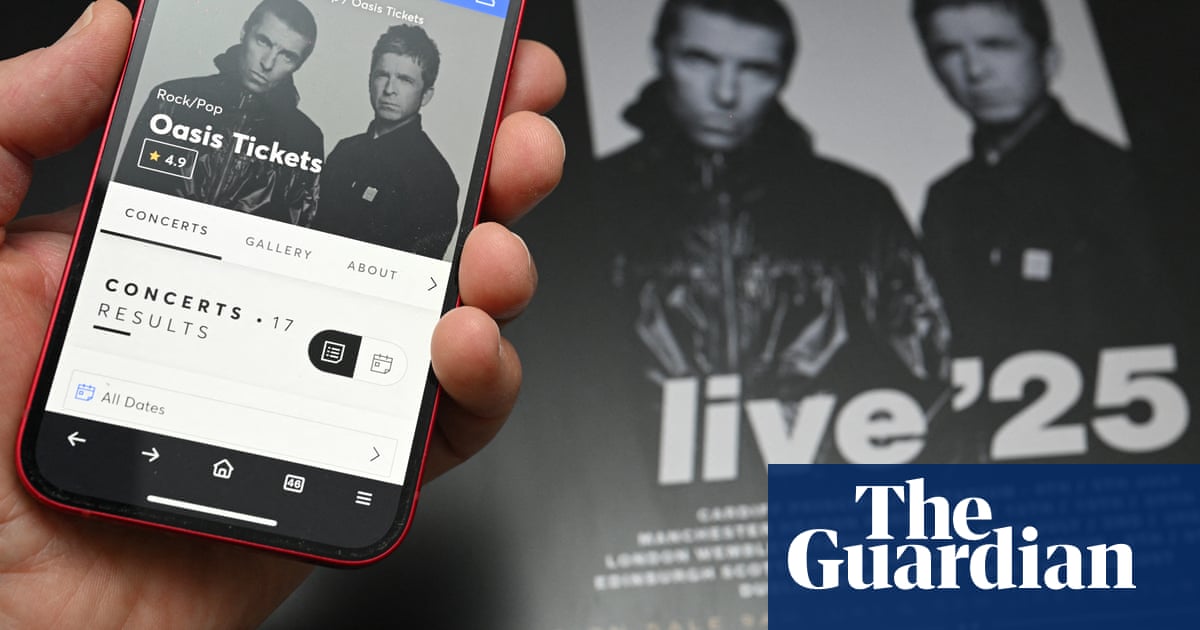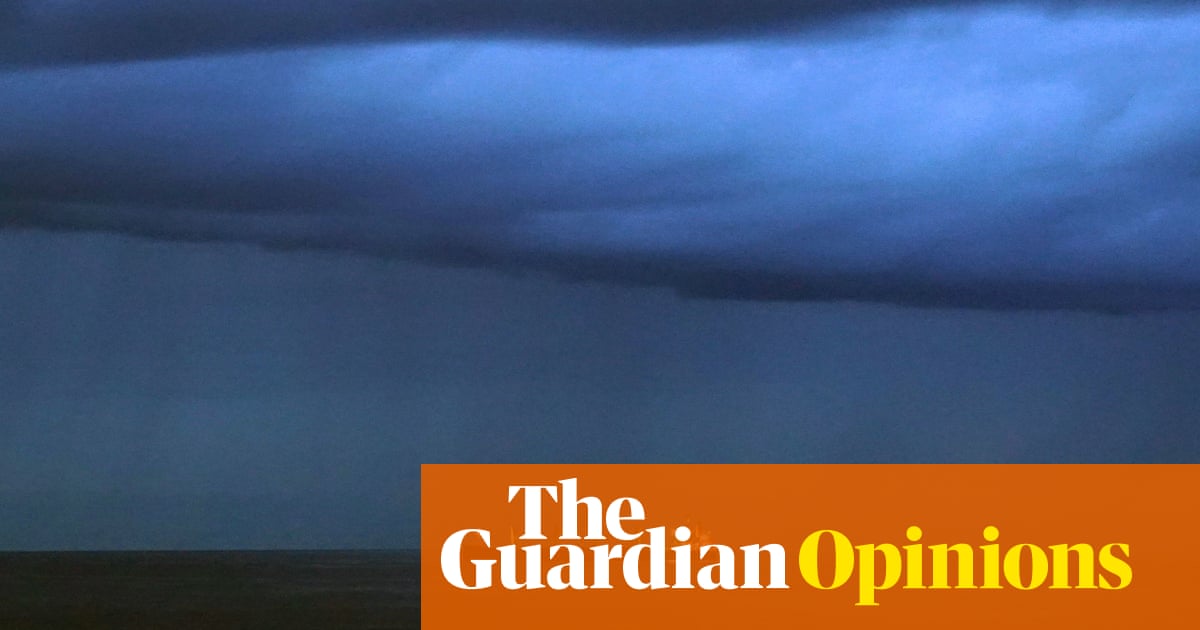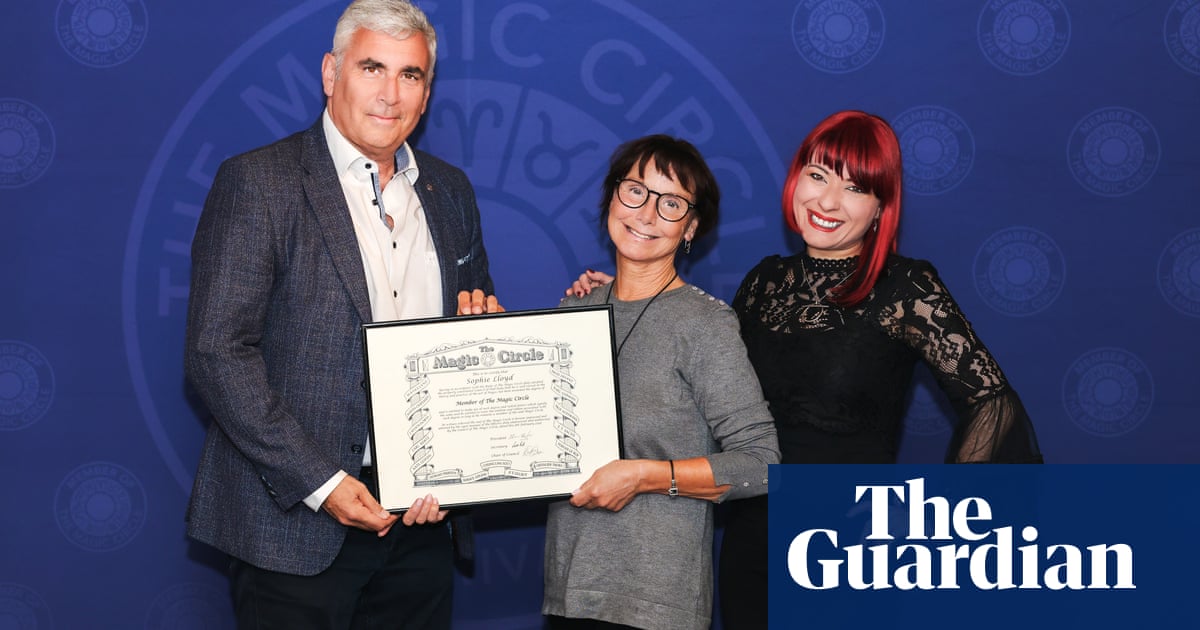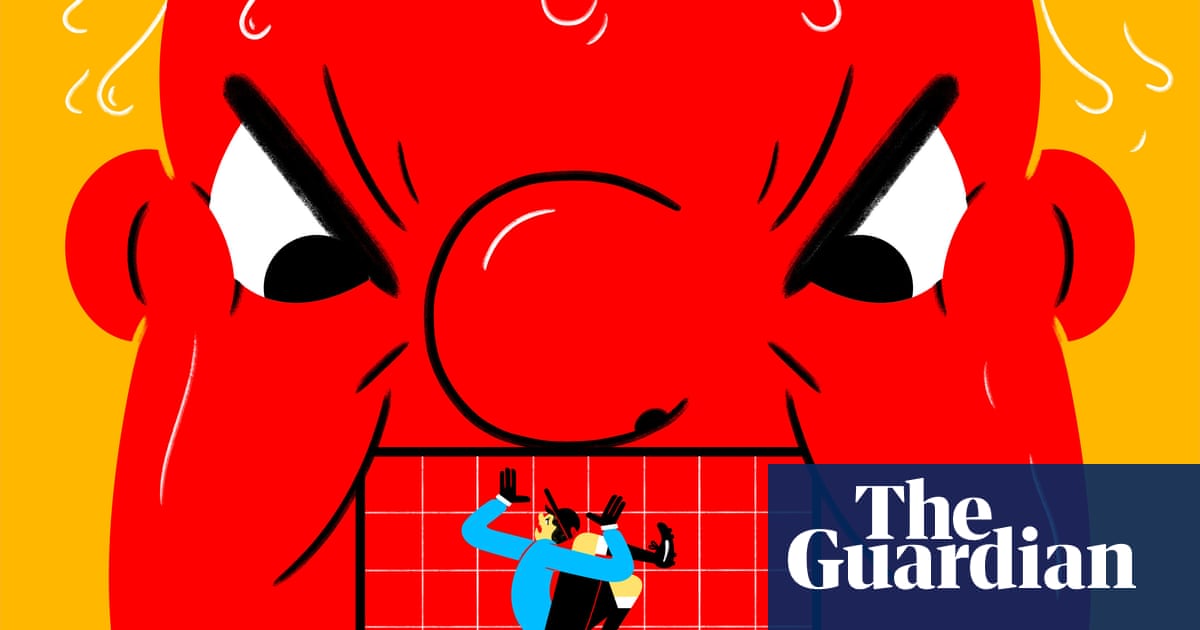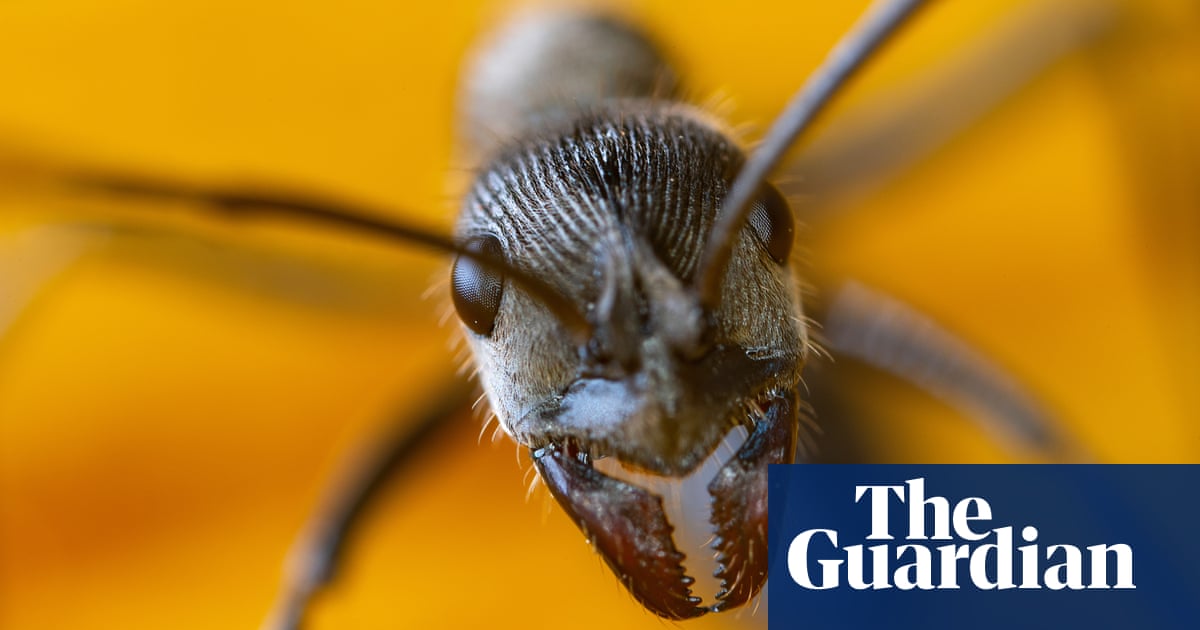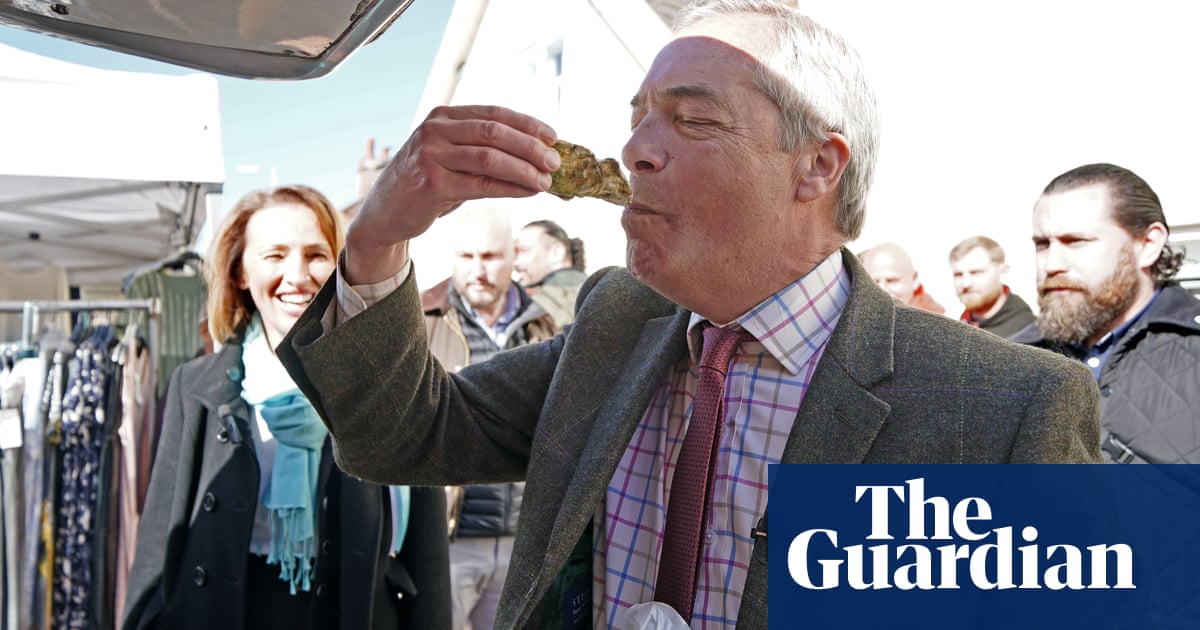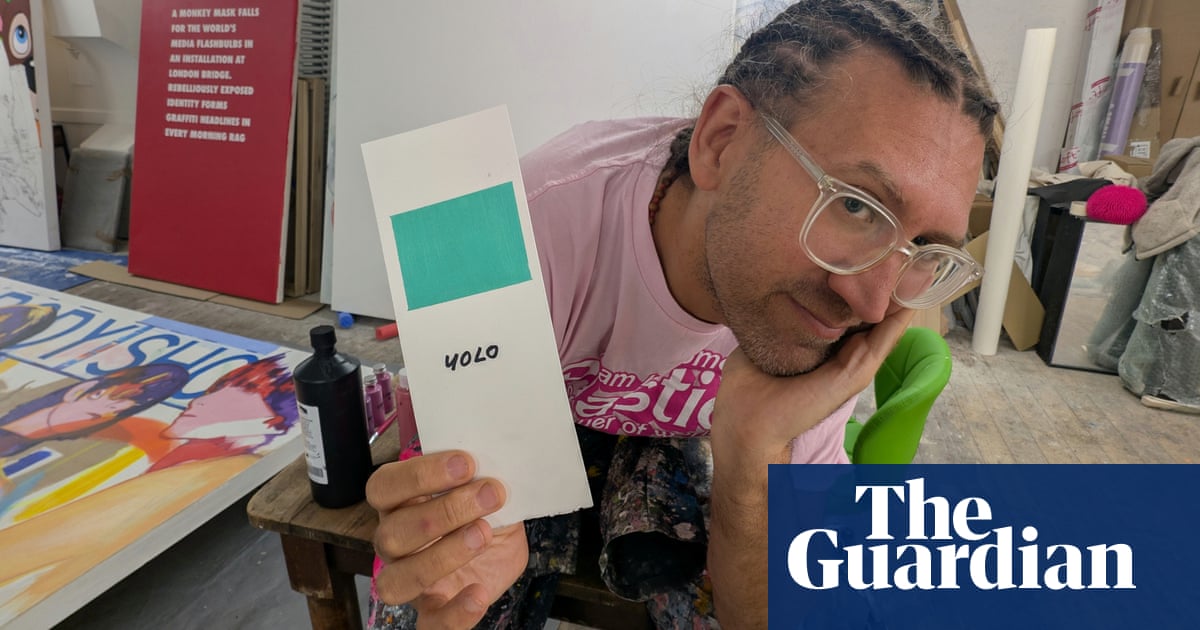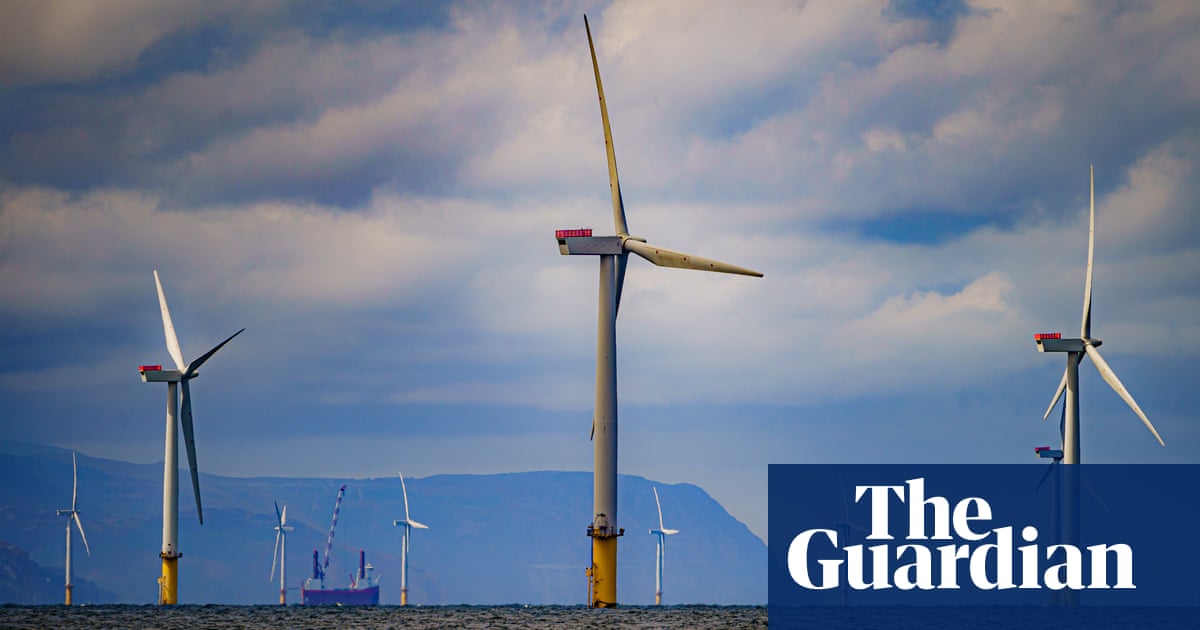Move fast and break things was Mark Zuckerberg’s guiding principle, and for many years Facebook’s motto. In the process of dispensing junk food for the mind, his company and others broke the back of institutions, industries and regulations around the world.
Now Donald Trump is demonstrating what happens when this motto becomes the guiding principle of the most powerful office in the world. As old rules are trashed, norms disregarded, scores settled, jobs lost, funding stopped, allies goaded and deals made. No one can know for sure what will happen next.
From the other side of the Pacific we watch with astonishment, and wonder if it could happen here.
As word about Trump’s plans to remake American governance, institutions and norms spread after the release of Project 2025, the then presidential candidate said he had nothing to do with it. Many thought its libertarian proposals were so outlandish, so destructive of the good values of American public life, they would never land.
But the big lesson learned from Elon Musk and the coterie of tech bros when demolishing the old order is that “ask for forgiveness not permission” pays dividends. Within a decade they made extraordinary fortunes and had reshaped the world in their image.
Some of those men are now Trump’s closest advisers and this lesson is being applied with even less humility. The methods Musk used to gut Twitter and birth X are a template of how to intrude into systems, remove people, upend processes. As the congressional historian Norman Ornstein observed: “We are in the middle of a fast-moving putsch, a right-wing authoritarian coup, a five-alarm fire and our media are treating it like a little backyard bonfire.”
So what would you do if you were one of the 74,999,166 people who voted against Trump, or even one of the 90 million who didn’t vote, maybe because you were worried and didn’t want to be later tagged as a troublemaker for not voting for him?
What would you do when you saw friends prompted to resign from their jobs, funding stopped for life-saving projects, attendance at your kids’ schools drop as those who were worried they might be deported stayed home, convicted violent criminals released from jail?
Anyone with even a passing knowledge of history understands that norms and institutions are the sinew of democratic system management. When they are broken, and the checks and balances undermined, ignored or destroyed, the whole system becomes vulnerable. It can even collapse.
During the soap opera of the first Trump presidency, those who had observed this elsewhere – Timothy Snyder, Masha Gessen, Anne Applebaum and others – sounded a warning bell. Snyder used the preferred list language of the day and broke the journey to autocracy down into 20 steps.
It didn’t happen, the system bounced back, although the armed assault on the Congress on January 6 in 2021 showed that there were armed militias poised and ready – a crucial step in the establishment of many autocracies.
The US may bounce back again, it may self-correct, the checks and balances may work, but in the meantime a lot of damage will have been done.
So when you see these things happening in your back yard, what do you do? Do you stay and try to ignore it, fight, organise, or think about leaving?
after newsletter promotion
Australia is an excellent object lesson in the benefits of leaving. This nation has in many ways been made by people who when they, or their parents, sensed an intractable political catastrophe, got out. Some of the superstars of Australian public life arrived in this way, recognising the impossibility of remaining in a country where long established norms and values were jettisoned, they chose to make a new life here. To name a few: Frank Lowy, Jelena Dokic, Guan Wei, David Gonski, Fred Gruen, Dai Le, Yassmin Abdel-Magied, Colin Tatz, Michelle de Kretser, Ghassan Hage, David Pocock.
We should be grateful that many of them arrived in a time before the bureaucracy complicated and delayed their journey, when family and friends could sponsor them. Now we advertise for students and workers and give them visas.
So to return to my question, what would you do if you found yourself in the US, fearful and instinctively opposed to what is happening? And what can we do?
At a national level the sweet-talking games of diplomacy need to be played. America is too powerful to tackle head on, as the president of Colombia found.
But for all the negative talk about immigration, Australia has acute skills shortages, for nurses, engineers, doctors, teachers, IT and construction workers.
There is a talent pool of brilliant Americans who could be tapped – rather than seeing our best and brightest disappear across the Pacific, this is a moment to welcome them back and invite others to study here, to work in our hospitals, construction sites and research labs.
Their determination to live their best lives here would no doubt help reinvigorate the place, as their forebears from other nations have done before.
-
Julianne Schultz is the author of The Idea of Australia

.png) 2 months ago
27
2 months ago
27
